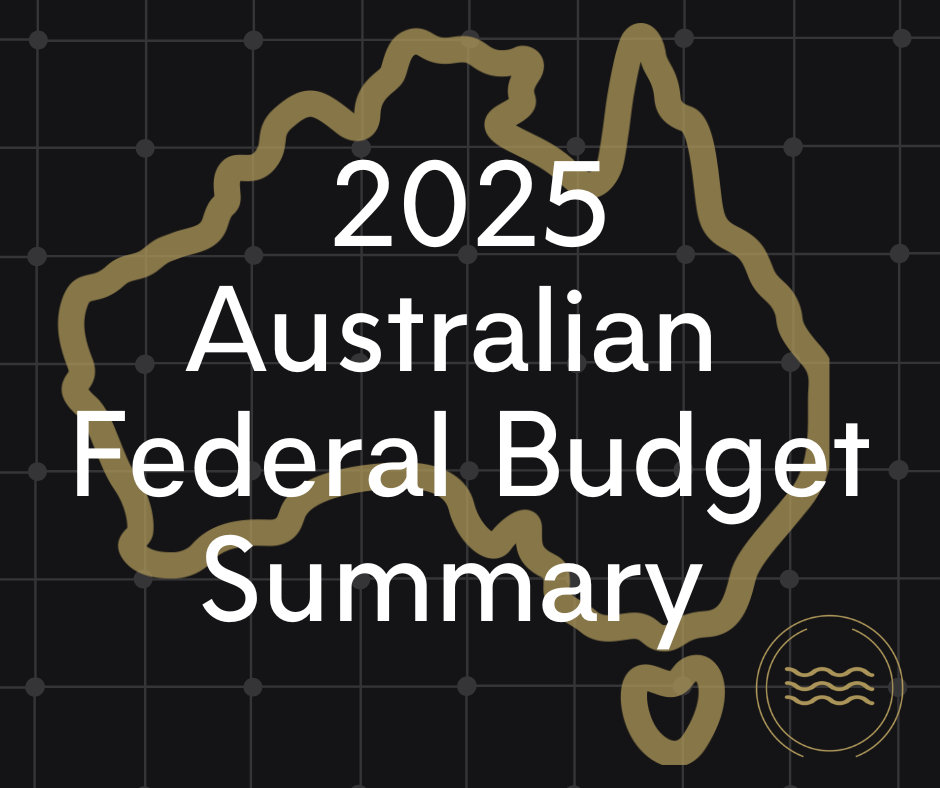
Entity Classification Series: What Is An Initial Classification Election?
GENERAL BACKGROUND
As you have probably realized in this Entity Classification series, any question put to the reader in the weekly blog does not have a straightforward answer. It is also not meant to be construed as condescending to the reader. It is all about applying metacognition to any “straightforward” question relating to entity classification for US Federal Tax Purposes.
I have found often that clients will never be as passionate or interested in all the intricate tax issues and complexities as I am. I am reminded about this by my wife every day.
So as with any complex tax issue, it is always best to make a comparison with everyday occurrences that the client can relate to. So, if I can use an example of a “straightforward” question that most adults have faced at least once from their life partner – “How does this look on me?”
First thought is hesitation, right?
Exactly. Apply that instinct of metacognition to a “straightforward” question relating to the entity classification rules under US Federal Tax as well.
So, let us discuss a bit more in detail what is an initial classification election for US Federal tax purposes and why it is important for any business owner to understand this type of election.
INTRODUCTION
Entity classification regulations for US federal tax purposes can be found under the Internal Revenue Code 7701 and are also known as Check-the-Box or CTB regulations. These regulations are applicable to all domestic and foreign eligible entities. The regulations allow an eligible (i.e., not automatically classified as a corporation) entity to elect to be classified as a corporate (association) or a flow-through (partnership or an entity disregarded from its owner (DRE)) for U.S. income tax purposes.
In terms of the CTB regulations, it is of utmost importance to understand the process of classification election of your entity.
So contrary to an affirmative act suggested by the term “check-the-box,” the default rules of the entity classification regulations are actually designed to minimize the need to make classification elections. Hence it makes provision for not only explicit election, but implicit as well.
There are only two circumstances, when an eligible entity needs to file a classification election –
- it desires initially to be classified differently than it would be classified under the default rules, or
- it desires to change its classification.
WHEN WILL THE ELECTION BE REGARDED AS AN INITIAL ELECTION?
When dealing with the CTB regulations, it is of utmost importance to understand the difference between an election that produces an initial classification and an election that produces a change in classification.
A change in classification, basically means that an entity is electing to change the way it was previously classified under the entity classification rules. Most importantly, an election to change an entity’s classification will deem certain transactions to occur for US Federal Tax Purposes. It should also be noted that once an entity changes its classification for U.S. federal tax purposes, it cannot change its classification again for 60 months.
On the other hand, a check-the-box election that produces an initial classification does not carry with it any of the deemed transactions that attach to a change in classification, and the entity is free to change its classification at any time thereafter, subject to the above limitation on changes in classification after the first change in classification occurs.
“An election made on Form 8832 can specify an effective date not more than 75 days prior to the date of the filing of the form and not more than 12 months subsequent; if no effective date is specified, the election is effective as of the date the form is filed. The election is also effective on the date the election is filed if the entity is not eligible to make the election on the date specified on the Form 8832. Note that if there is any period between which the entity is in existence and the effective date of the form, the election will cause a change of tax status if the default rule for the entity is other than the elected classification.”
Foreign entities, however, has an additional hurdle known as “relevance” that needs to be considered when looking at a CTB election. In short, a foreign eligible entity’s classification is “relevant” when that classification affects the liability of any person for U.S. federal tax or information purposes.
The IRS recently issued general legal guidance illustrating the application of the often-misunderstood relevance rules for foreign entities in various settings.
The recent IRS guidance answers the question favorably for taxpayers, clarifying that an election by an entity whose classification was previously never relevant nevertheless results in a change in the entity’s classification. In the scenarios provided in the guidance, the IRS confirms that the foreign entity’s check-the-box election will be treated as a change in classification, carrying with it the deemed tax consequences that attach to changes in classification. The IRS further clarified that notwithstanding the foregoing change in classification, solely for purposes of applying the 60 month rule, the entity’s check-the-box election would be treated as though it produced an initial classification and, therefore, the entity is not precluding by the 60 month rule from changing its classification.
The key takeaway from the IRS guidance is that it would appear only a single election is required to produce a change in classification for a foreign entity whose classification has never been relevant. However a cautionary approach is required whenever basing decisions on IRS guidance.
CONFIRMATION BIAS RESULTS IN FLAWED DECISIONS.
Confirmation Bias is the tendency to search for, interpret, favor, and recall information in a way that confirms or supports one’s prior beliefs or values.
Due to the worldwide lockdown, we have become even more dependent on social media feeds for news and information. We unfortunately live in a world craving instant gratification when it comes to news and information.
This leads to a complete imbalance between quantity and quality of information we have access to. Most of us therefore, whether it is on LinkedIn, Twitter, Facebook or Instagram basically just read headlines and form our own confirmation bias based on the headlines. Marketing agencies have been exceptionally good in exploiting the confirmation bias of the public with carefully worded headlines.
We will unfortunately never go back to a world where quality of information outweighs quantity.
I would therefore like to urge the reader to always make sure he/she understands the entity classification rules in terms of the CTB regulations. Confirmation Bias will result in flawed decisions pertaining to your entity.




